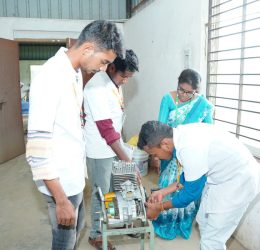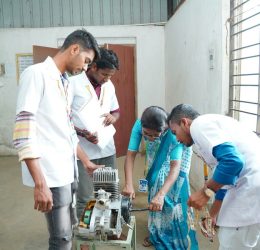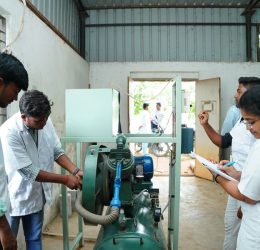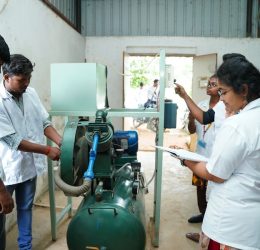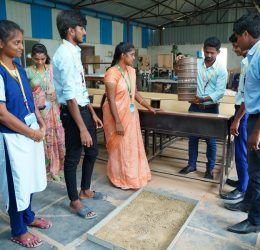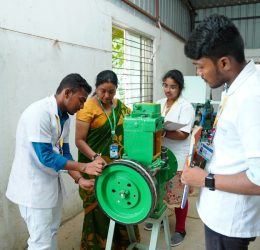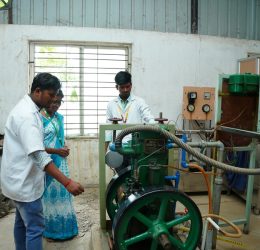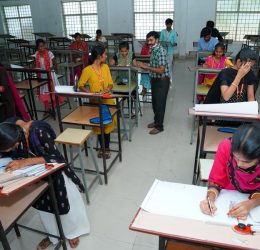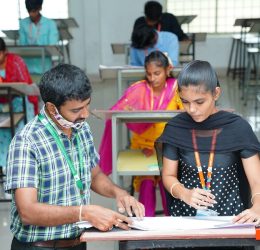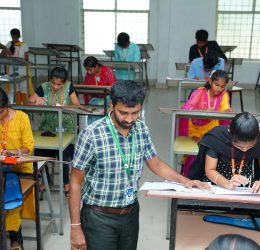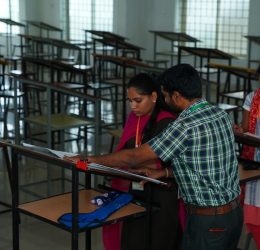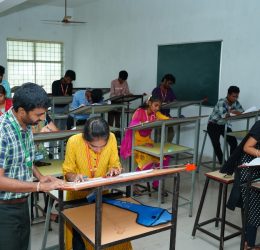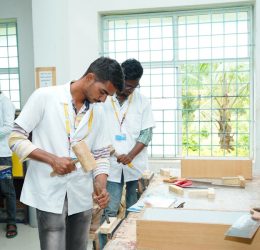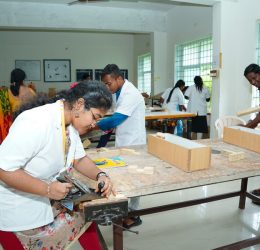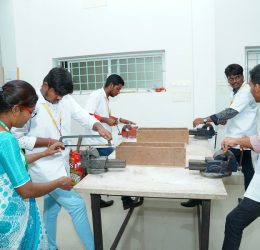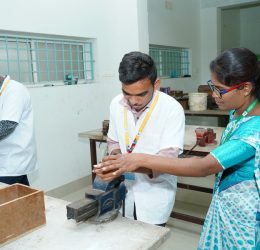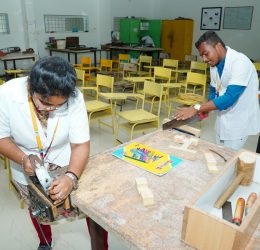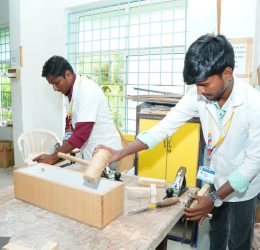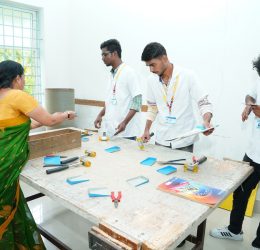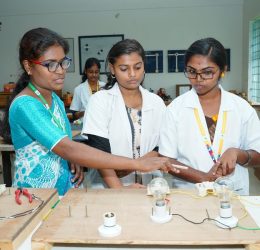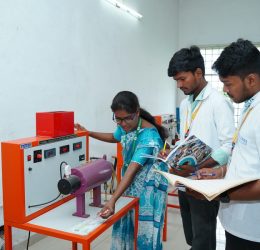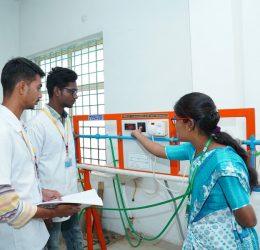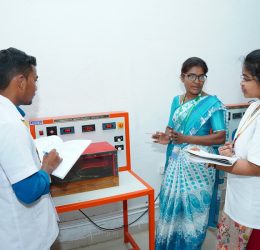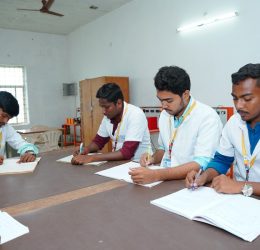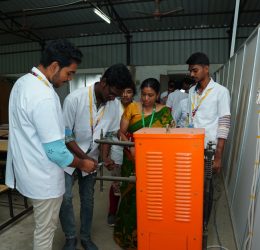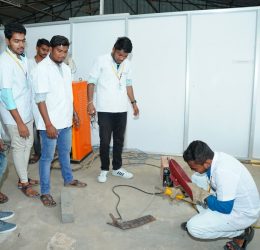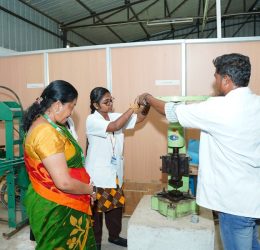The Department of Mechanical Engineering has come into existence, in the year 2013. Present intake of students for B.Tech. program is 60. The Department has 7 qualified teaching faculty and 03 supporting staff. The department is well equipped with eight labs that give hands-on practical knowledge in the curriculum courses.
VISION
To become a quality department in Mechanical Engineering that makes its students well qualified, innovative contributors to their profession and society.
MISSION
PROGRAM EDUCATIONAL OBJECTIVES (PEO)
After the completion of the Program, the graduates of B. Tech. (ME) will
PROGRAM OUTCOMES (PO)
On successful completion of the Program, the graduates of B. Tech. (ME) Program will be able to:
PROGRAM SPECIFIC OUTCOMES (PSO)
On successful completion of the B. Tech. (ME) Program, the graduates will be able to
Department Event Calendars
Labs
| UG Programmes B.Tech R23 Regulations | Download |
| ME B.Tech Mechanical Engineering – R23 Syllabus | Download |
| ME B.Tech Mechanical Engineering – R20 Syllabus | Download |
| ME B.Tech Mechanical Engineering – R19 Syllabus | Download |
| ME B.Tech Mechanical Engineering – R15 Syllabus | Download |
| ME B.Tech Mechanical Engineering – R13 Syllabus | Download |



